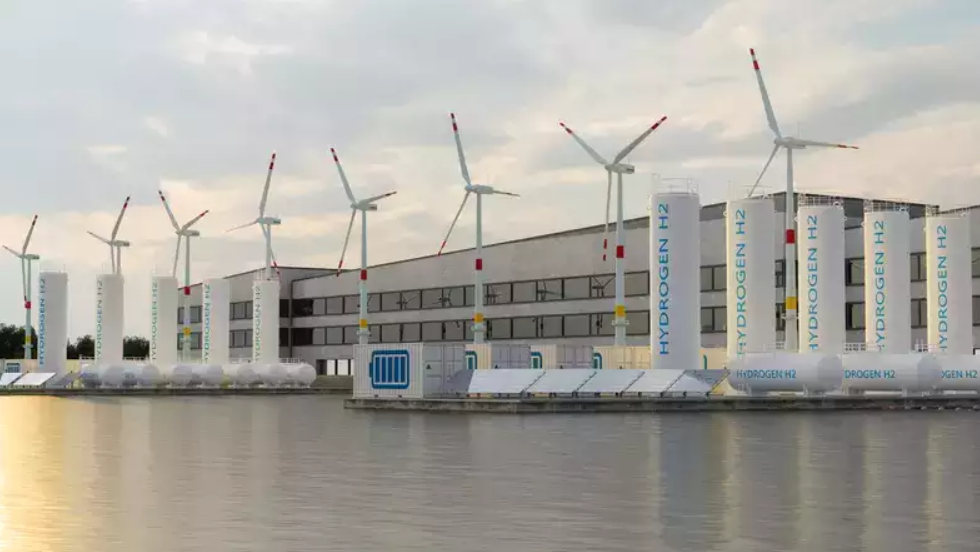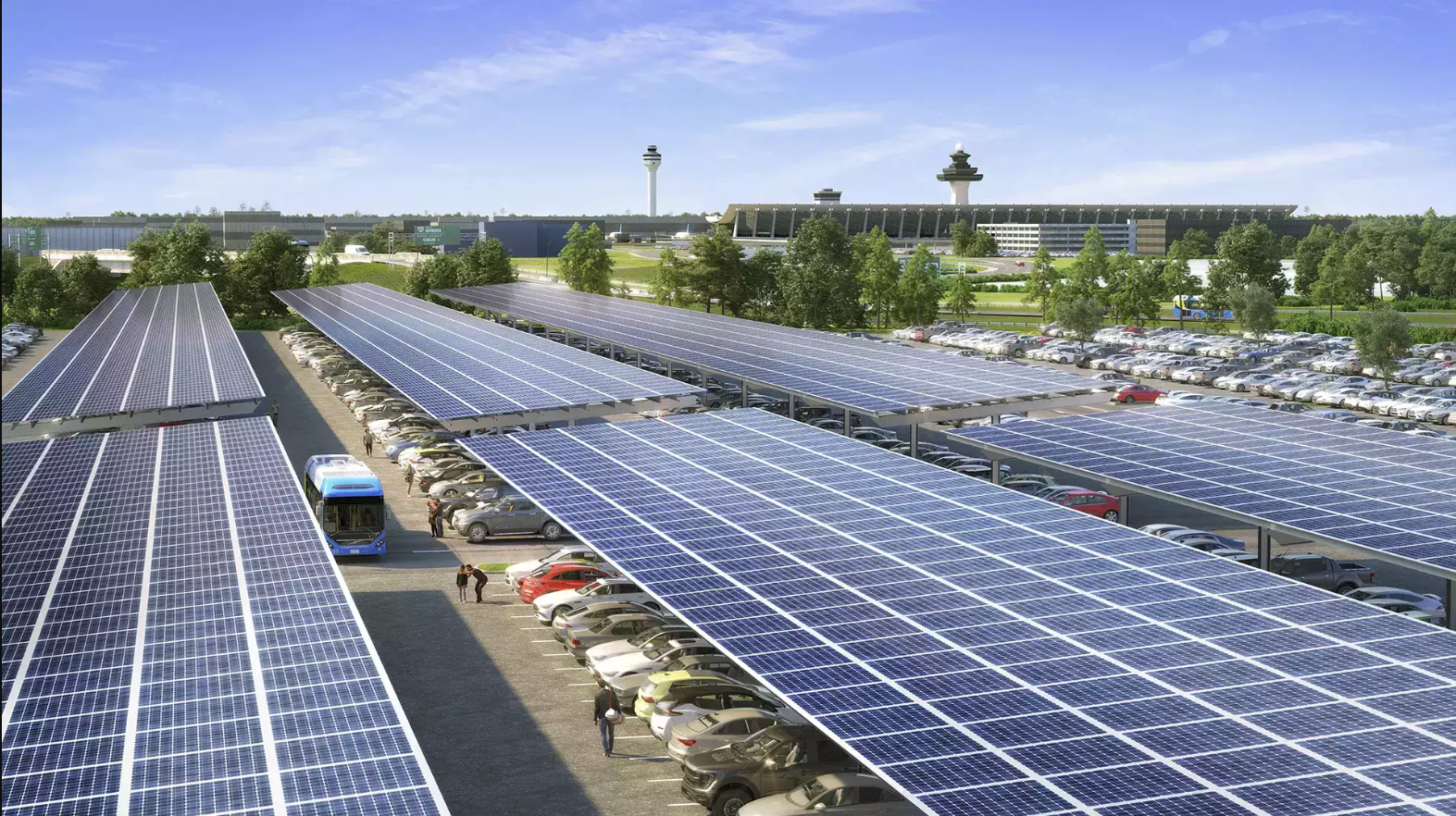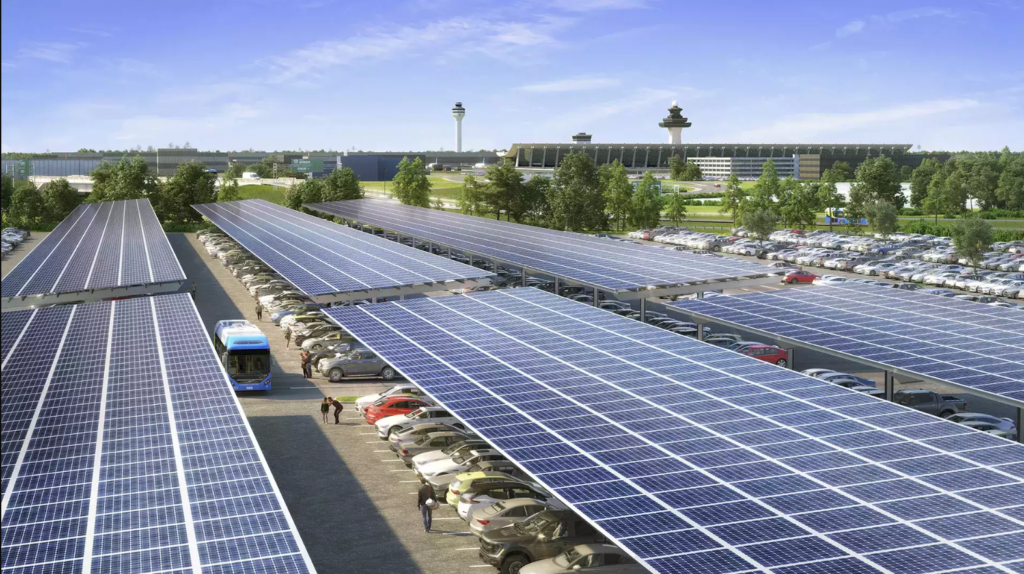The Paris 2024 Olympics is setting a new benchmark for sustainability, emerging as the greenest Olympics in history. By running on 100% solar and wind power, this year’s Games are not only reducing carbon emissions by 3.5 million tonnes compared to previous events like Tokyo 2020 and Rio 2016 but are also demonstrating a robust commitment to environmental responsibility.
A New Standard in Energy Efficiency
Paris 2024 is showcasing an impressive array of green initiatives. The facilities, both existing and temporary, are equipped with advanced LED lighting systems that cut energy consumption by 80% compared to traditional lighting. Additionally, the event will see the implementation of essential-only electrical equipment, minimizing unnecessary energy use. This approach—fewer plugs, fewer printers, and smaller screens—highlights how small adjustments can collectively make a substantial impact.
Among the most striking features are two innovative solar installations at the Olympic Village: a photovoltaic carport spanning nearly 1,000 square meters and a 400-square-meter floating mobile solar farm on the Seine. These installations will cover part of the athletes’ electricity consumption and contribute to an overall 80% reduction in energy-related carbon emissions compared to other large-scale sports events.
Implications for the Solar Industry
The shift towards a more sustainable approach in the Paris Olympics is poised to influence the solar industry significantly. Engineering, Procurement, and Construction (EPC) companies stand to benefit greatly from the surge in solar initiatives. As sporting events and large-scale projects increasingly adopt solar technology, the demand for expert installation and maintenance will rise.
This growing focus on high-efficiency photovoltaic (PV) modules and innovative technologies offers distributors a chance to expand their networks and meet the escalating demand. The successful implementation of these solar initiatives at the Paris Games can serve as a model for future events, prompting further advancements and adoption of green technologies.
Lessons for India
India can draw several valuable lessons from Paris 2024’s commitment to sustainability:
- Adopt Comprehensive Sustainability Practices: Emulate the holistic approach of Paris 2024 by integrating energy-efficient technologies and reducing unnecessary consumption in both new and existing infrastructure.
- Invest in Innovative Solar Technologies: Like the floating solar farms and photovoltaic carports in Paris, India should explore and invest in cutting-edge solar technologies to enhance efficiency and effectiveness.
- Promote Industry Growth: Encourage growth in the solar sector by supporting EPC companies and distributors, fostering an environment that facilitates advancements in solar technology and infrastructure.
- Set New Standards for Large-Scale Events: As India prepares for future large-scale events, incorporating similar green initiatives can set new benchmarks for sustainability and reduce the carbon footprint of such gatherings.
By adopting these practices, India can contribute to a more sustainable future and align with global efforts to combat climate change while fostering innovation and industry growth in renewable energy.













Recent Comments